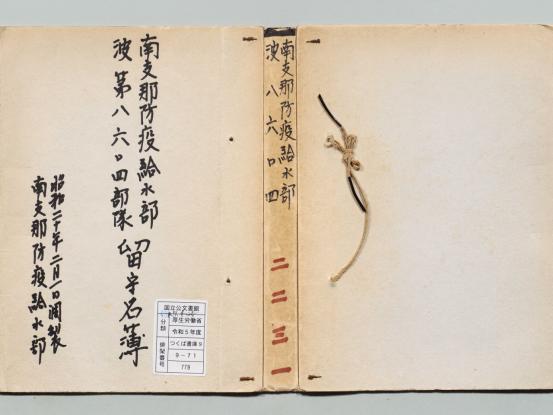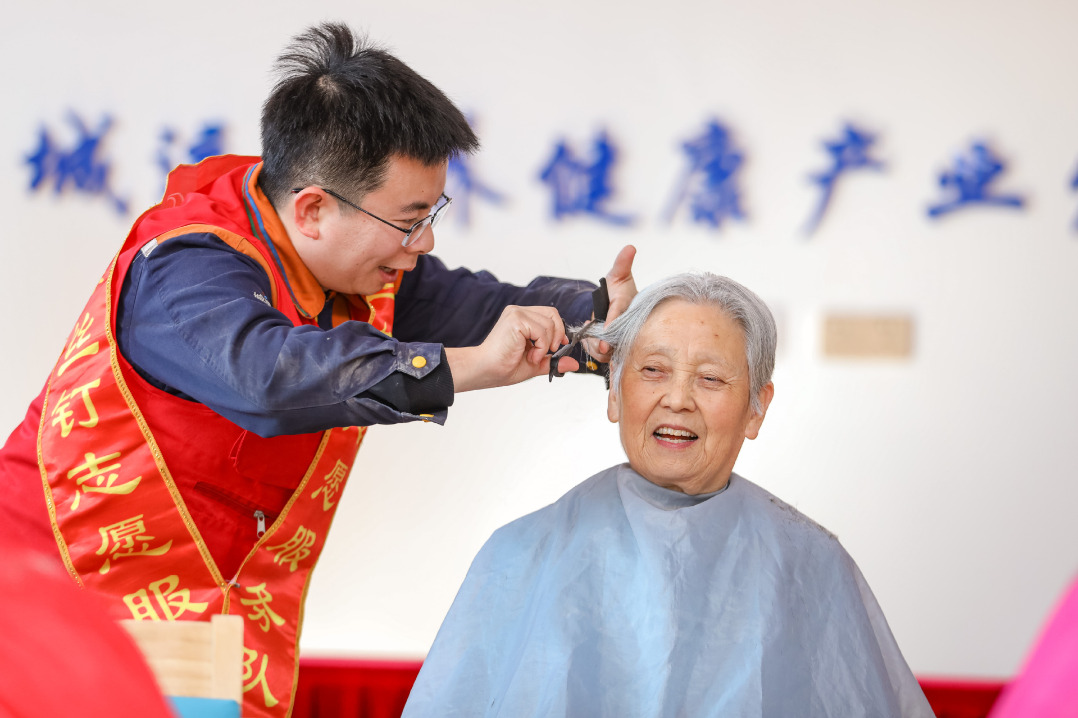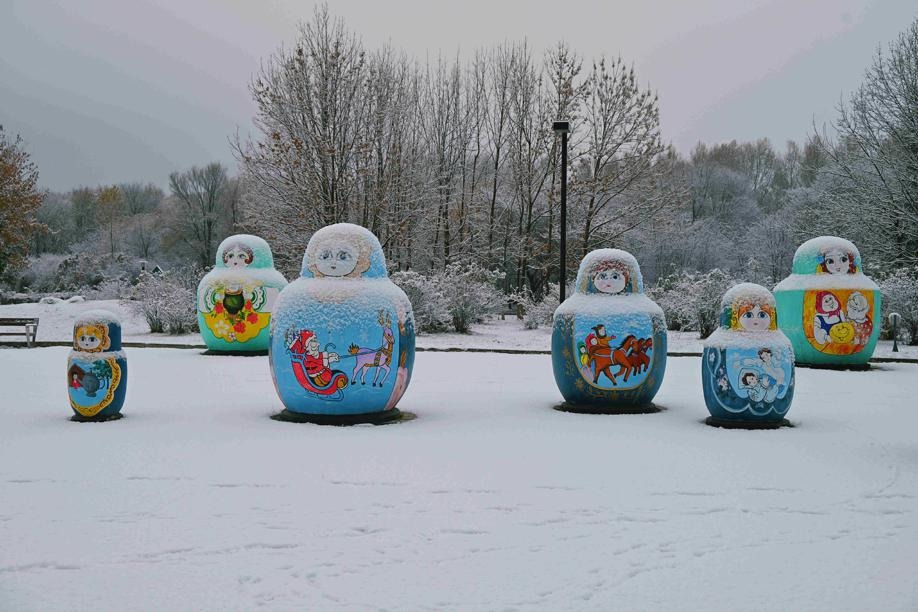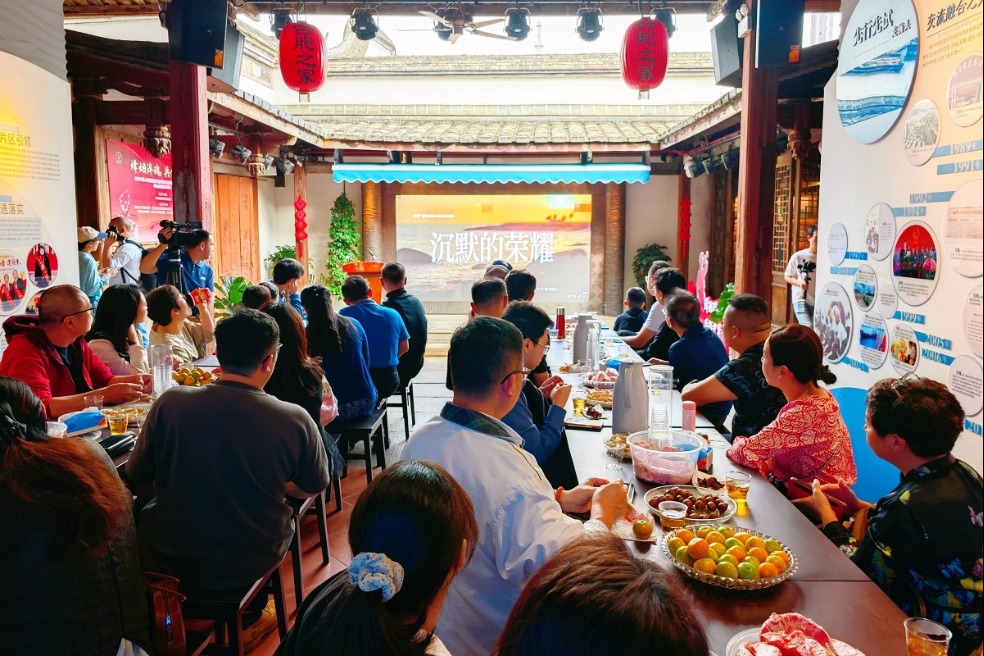Documents dating to Japan's bacteriological war in China released in Guangzhou


"Apart from being responsible for providing epidemic prevention and water supply for the Japanese army, the unit's actual work involved research in bacteriological warfare," said Tan, also a senior expert in research on the bacteriological warfare conducted by the Japanese army in South China.
The roster helps to clarify basic historical facts such as the composition of personnel, organizational structure and scale of the unit, according to Wu Peijun, a scholar at South China Normal University and a researcher at the history research center of the war of resistance against Japanese aggression in South China.
"The document can help clarify the characteristics of the Japanese bacteriological warfare system and is of great practical significance in fully exposing the atrocities committed by the Japanese army," said Wu.
- China's milu deer population grows 200-fold since 1985
- Global experts praise China's ecological achievements at a seminar in Beijing
- Global businesses gather at Hong Kong intl lighting fair, tech light expo
- Police probe into suspected 'Taiwan independence' secessionist a just move to safeguard national unity: spokesperson
- Police probe 'Taiwan independence' separatist Shen Pao-yang over suspected crime of secession
- Senior CPC official urges full promotion of Party plenum's guiding principles





































